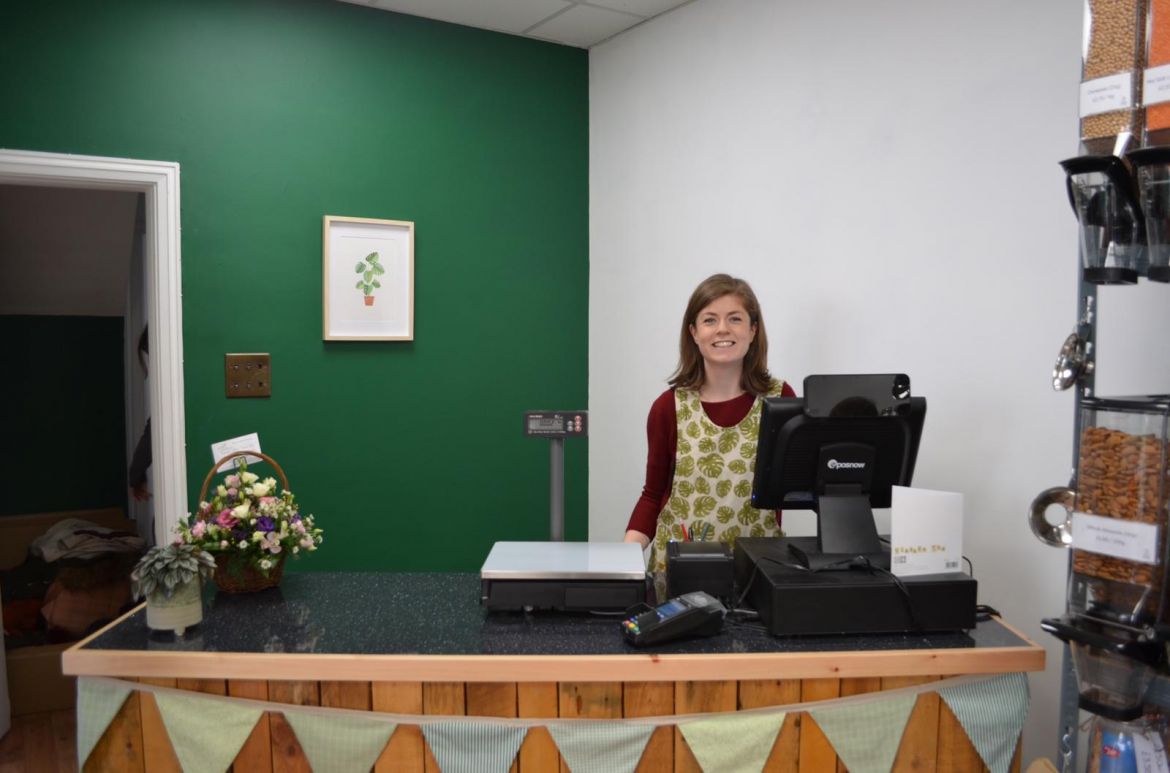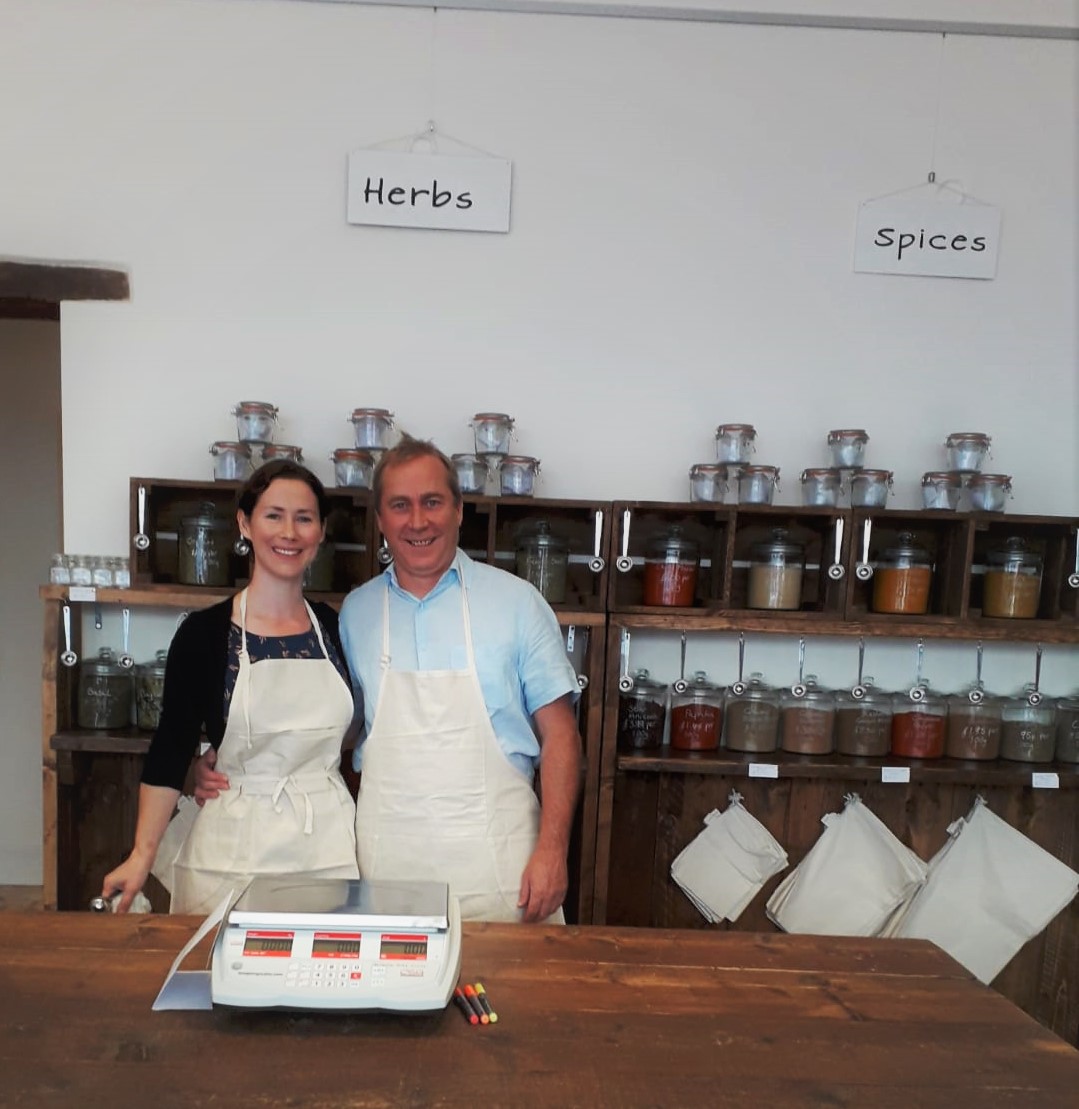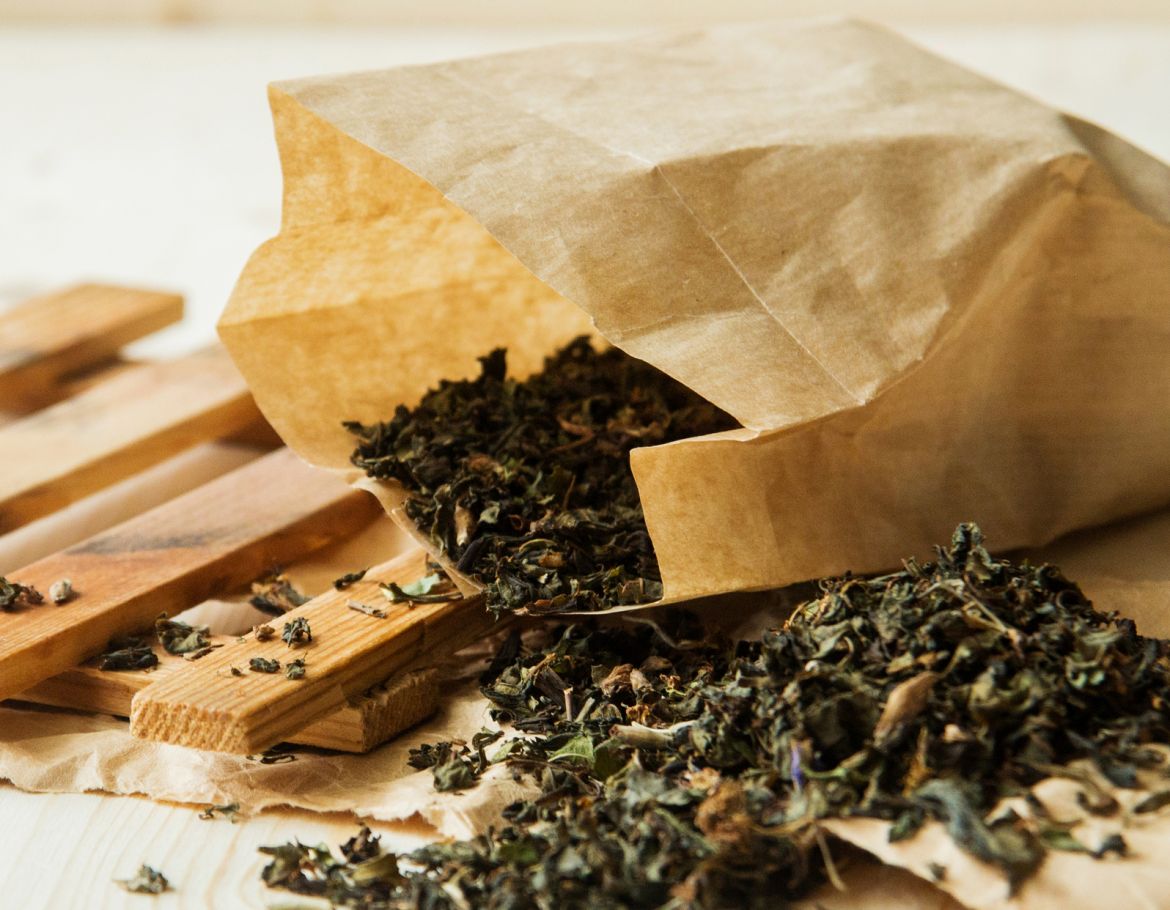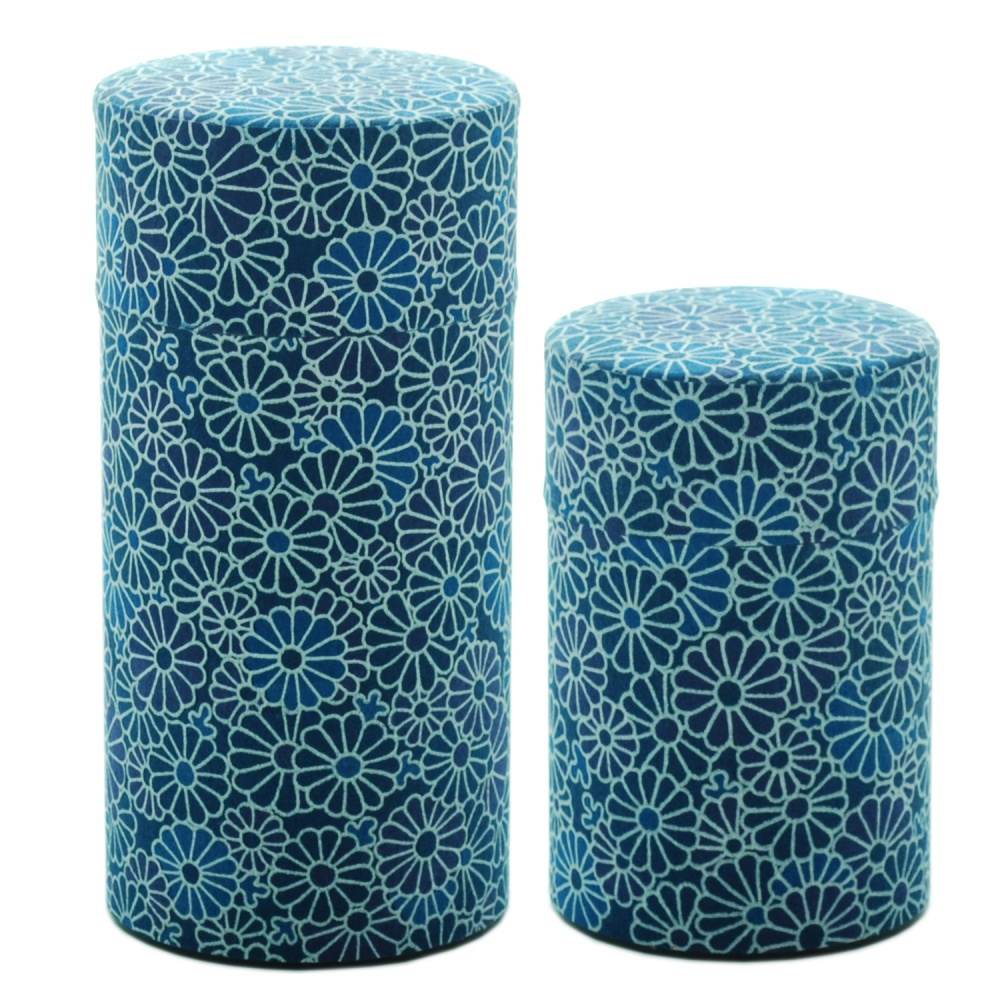More Tea, Less Waste!
Plastics – The Problem
Plastics are a huge problem. It’s a fact, and our planet is starting to fight back on the abuse we have applied to it for decades. The danger of plastic is not a secret anymore, and it has become a real threat. We have made our lives very convenient with single-use material that never decomposes or adds any secondary benefit to the cycle of life.
The consumer has been bedazzled with flashy packaging, convenient shopping bags and everything throwaway for far too long. Entirely addicted to plastic, we use it all day and every day without putting a single thought into what might happen once we put it in the bin or dispose of it elsewhere - it really is the time to reduce single-use waste!
Environmental Issues
With scientists and environmentalist pressing the panic button and reporting that more than 300 million tons of plastic is produced each year, of which 50% is made for single-use purposes to meet consumer demand. More than 8 million tons of this plastic is reported to be dumped in our oceans, and it’s not just worrying but shocking. “I think we all need to do our bit for the planet; we can’t ignore what’s going on for the sake of our future.” Explains Bethan from Simply Green, a zero-waste store in Nailsea, and one of our tea partners.
Zero Waste – Where to Start?
Luckily, there are countless ways of lowering our plastics consumption, and Bethan has a few ideas. “Start by changing the small things that you use all of the time; for example, buy a reusable water bottle or a bamboo toothbrush. I found once you start making plastic free swaps you can’t stop!” Kate from The Blue Pantry zero waste store in Wellington suggests, “Teas were one of the first products that we introduced into the shop, initially because of the huge amount of plastic waste associated with conventional tea bags. It soon became apparent that people loved the move to loose leaf teas, enjoying the ability to buy as little or as much as they wanted and to try out different blends. They have been a continued success in the shop and an area we continue to expand”.

Zero-Waste Shopping
The recent surgency of zero-waste stores in towns and cities across the UK has been an incredible response to the waste problem. Not only are these stores selling bulk and zero-waste products and groceries but they are benefitting the dying high street. Some act as CIC’s or community interest companies which work towards not only waste-free shopping but educate customers about plastics, organise local clear-up events and benefit the community as a whole. We have partnered with dozens of zero-waste stores, including The Blue Pantry and Simply Green, and you can read more about the movement and our partners here.
Reviving the High Street
Swapping plastics for lifelong materials such as tins, glass, ceramics or fabrics is quite enjoyable and once you start, pleasantly addictive, but there is more going on than our one-person missions to lower our use of plastics. There is a social and community-wide benefit to shopping at local zero-waste shops too. Statistics suggest that since early 2018, a whopping 100 zero-stores have popped up across the UK, totalling in around 200 nationwide. Bethan says, “I find it really enjoyable to find new ways of reducing plastic or leading a more zero-waste lifestyle. I also think it brings people together and encourages people to support local businesses. I also think that zero-waste shops are often very community-minded and want to contribute and give back to their local areas.”

Buy More, Pay Less
It’s quite simple, the larger quantities of something you buy the less packaging is needed. The bonus of bulk buying is that it will also be cheaper per unit/measurement. We have just started to sell a selection of our loose-leaf teas in kilo plastic-free bags which means that the hardcore tea addict will be stocked up for a good while and be doing their bit for the planet. This applies to many other grocery and home items, not just tea!

Handy Storage - BYO
With zero-waste shops and bulk buying, you’re going to need good long-lasting storage solutions. Metal tin containers are ideal and can be used over and over again. Tea, alongside other foodstuffs benefits from being stored in the dark, so non-transparent containers are perfect. We have an extensive range of tea caddies that suit many tastes, but also other foodstuffs such as dried fruit, nuts, pulses, flour, rice, spices and much more. They great for storing pet treats out of reach too! Stored fresh loose-leaf tea and other edibles must avoid the following for ultimate freshness;
- Sunlight – It is advisable to store tea in darkness to prevent bright light from degrading the strength of the flavour as well as the aroma.
- Oxygen– It is a common myth that all moisture has been removed from loose leaf tea leaves so oxidisation wouldn’t be an issue. It is, however, imperative to store tea in an airtight container to prevent the risk of oxidisation. This is especially important for fresher teas which have some moisture retention such as green teas.
- Heat – Our homes are often kept extremely warm through central heating systems. This can pose a threat to the freshness of your tea leaves if they are not stored correctly
- Odour – One of the most effective ways to protect the flavour and aroma of your tea is to store it well away from other strong flavoured or scented foods. Never store your tea anywhere near pungent spices or herbs. Even other strong teas will affect the integrity of your tea so beware.
- Moisture – Moisture is bad for any dried food product, not least tea. Tea has been withered, rolled, oxidised, dried and packaged to provide the consumer with the perfect tea leaves for your cup. Why would you ruin this in an instance by letting it have contact with moisture? Tea must be stored away from the oven, kettle, and any other forms of moisture and humidity. This can be difficult in kitchens where moisture is inevitable, so a tea caddy really is the perfect answer.
- 26th April 2019












 EARN POINTS WITH OUR LOYALTY SCHEME
EARN POINTS WITH OUR LOYALTY SCHEME